Josh Gordon writes open letter about substance use, failed drug test
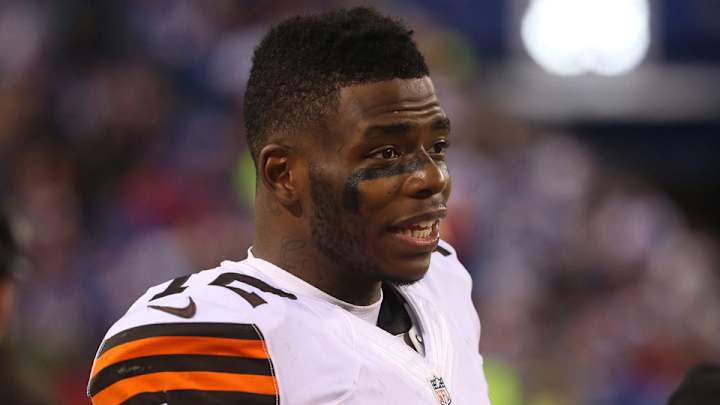
Cleveland Browns wide receiver Josh Gordon has penned an open letter on Medium discussing his upbringing, drug use and NFL suspension.
Gordon addresses his letter to Charles Barkley, Stephen A. Smith, Cris Carter and "other interested parties." Barkley, Smith and Carter are three pundits who have criticized Gordon, who recently failed a drug test after reportedly testing positive for alcohol. He was arrested for DWI over the summer following his suspension for violating the NFL's drug policy.
The receiver writes that while he truly appreciates the "outpouring of concern about my well being," many of his critics haven't bothered to consider his background. Gordon describes his difficult childhood in Fondren, a poor area of Houston, where drug use and crime was rampant. Gordon admits that he made a number of mistakes growing up, including "hanging out with the wrong kind of people," but thinks that his critics need to take his upbringing into account.
After discussing his childhood, Gordon discusses recent events, including his most recent failed drug test. Gordon writes that the league mandated him to abstain from alcohol as a prerequisite for reinstatement following his suspension this past season. Gordon then describes an incident that occurred earlier this month:
On Jan. 2 of this year, just days after our season ended earlier than we all had hoped — and yes, my actions during the prior offseason definitely contributed to our failure to make the playoffs; it killed me seeing our guys fight so hard when I wasn’t out there with them — I boarded a private flight to Las Vegas with several teammates. During the flight, I had two beers and two drinks. It was the first time I had consumed so much as a drop of alcohol since July 4, 2014, the day of the DWI.
Anyone who knows me knows that I am not much of a drinker. Even calling me a social drinker would be an exaggeration, but at that moment, on that flight, I made a choice. The wrong choice, as it turned out.
Upon landing, I received the all-too-familiar notice by phone that I was to report to a testing location within four hours. I failed the test, obviously, and the rest is history … colored by media speculation and faux outrage.
Gordon writes that he thought the alcohol ban ended at the conclusion of the regular season, but that he "failed" himself in not confirming that was the case.
• BANKS: Turns out Carroll, Belichick aren't that different after all
Despite his history of issues with the NFL's drug policy, Gordon argues that he is not a drug addict nor an alcoholic and that he deserves to be treated with more respect.
I am a human being, with feelings and emotions and scars and flaws, just like anyone else. I make mistakes — I have made a lot of mistakes — but I am a good person, and I will persevere.
If I have a “problem,” it is that I am only 23 years old — with a lot left to learn. I’ve come a long way from those mean Fondren streets, but it’s clear that I can be a better me — one who kids coming up to me for selfies and autographs can be proud of. I want that future for myself. And I truly believe that what I am going through right now will only make me stronger. I believe that my future is bright.
Impact NFL Supplemental Draft Picks
Bernie Kosar, QB
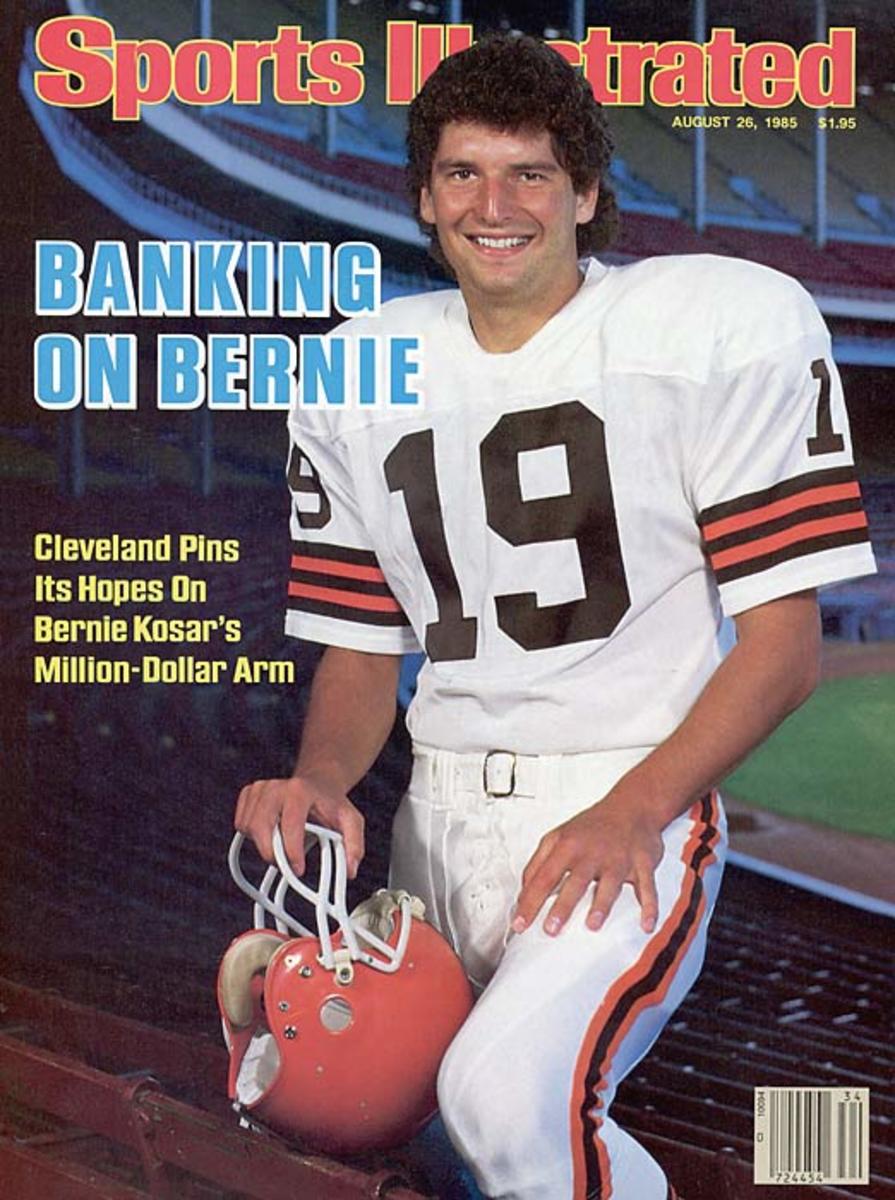
Beginning with the NFL supplemental draft's inception in 1977, 42 players have been selected in the lesser-known of the two drafts. In 2012 the Cleveland Browns took Josh Gordon, in 2010 the Chicago Bears took running back Harvey Unga, and the Dallas Cowboys chose Josh Price-Brent. Here's a look at some of the supplemental draft's more notable selections, beginning with Kosar. The Browns manipulated the supplemental draft to ensure he ended up in Cleveland, thus earning the wrath of the Vikings and Oilers, among other teams. Kosar turned the struggling Browns into a perennial playoff presence in the 1980s.
Brian Bosworth, LB
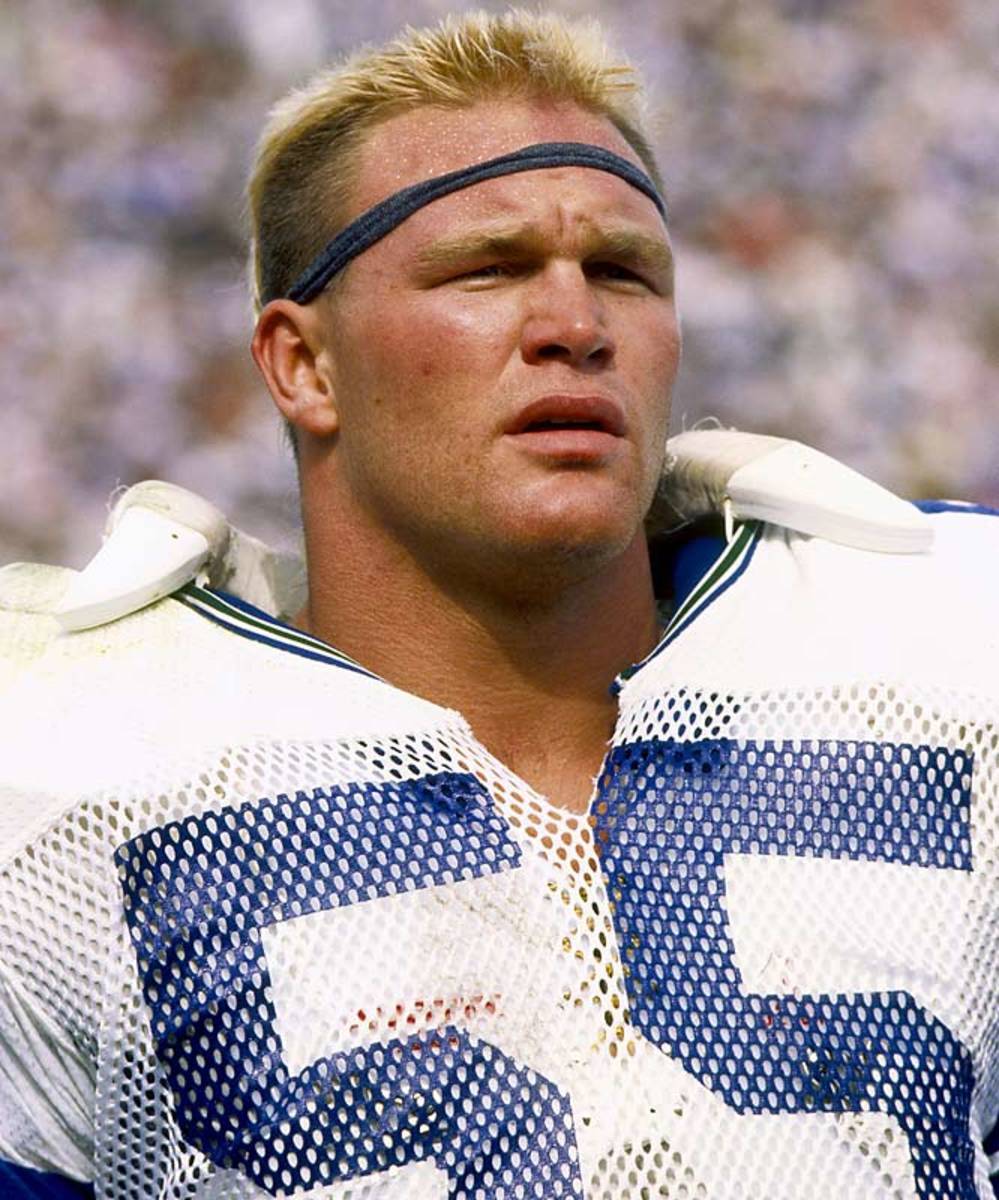
Injuries limited Bosworth to a disappointing three-year career, but his 10-year, $11 million contract, odd hairstyles and list of college accolades made him a sensation when he entered the league. His Hollywood career kept him in the headlines after his playing days were over.
Cris Carter, WR
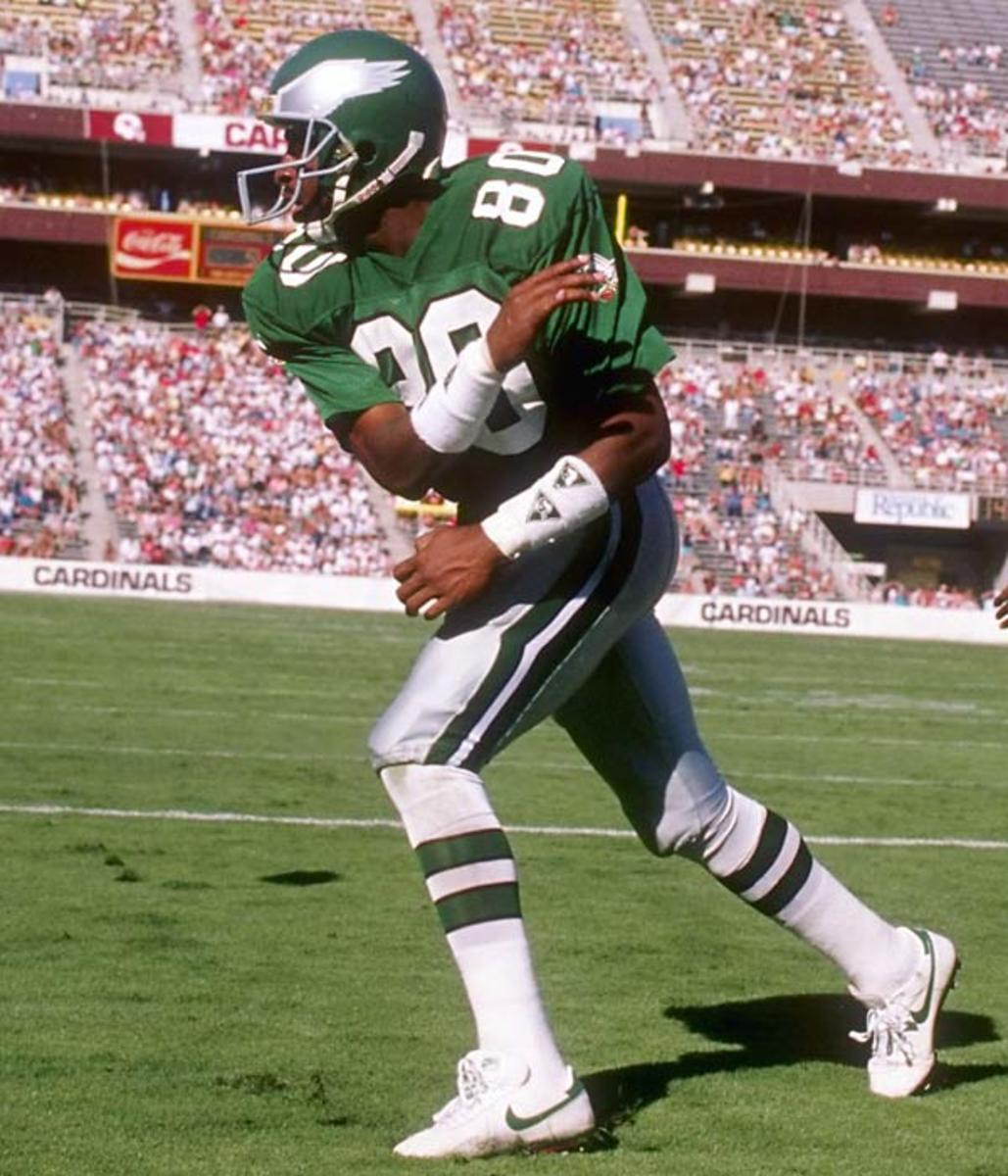
From worst to best. Carter was suspended before his senior season at Ohio State when it was learned he had secretly signed a contract with infamous agent Norby Walters. The Eagles used only a fourth-round pick to acquire a bonafide No. 1 receiver, though alcohol and drug abuse led Philadelphia to cut him before the 1990 season. After the Vikings picked him up off waivers, Carter turned his life around and finished his career second to only Jerry Rice in career receptions and touchdown receptions (he has since been overtaken at both positions).
Steve Walsh, QB
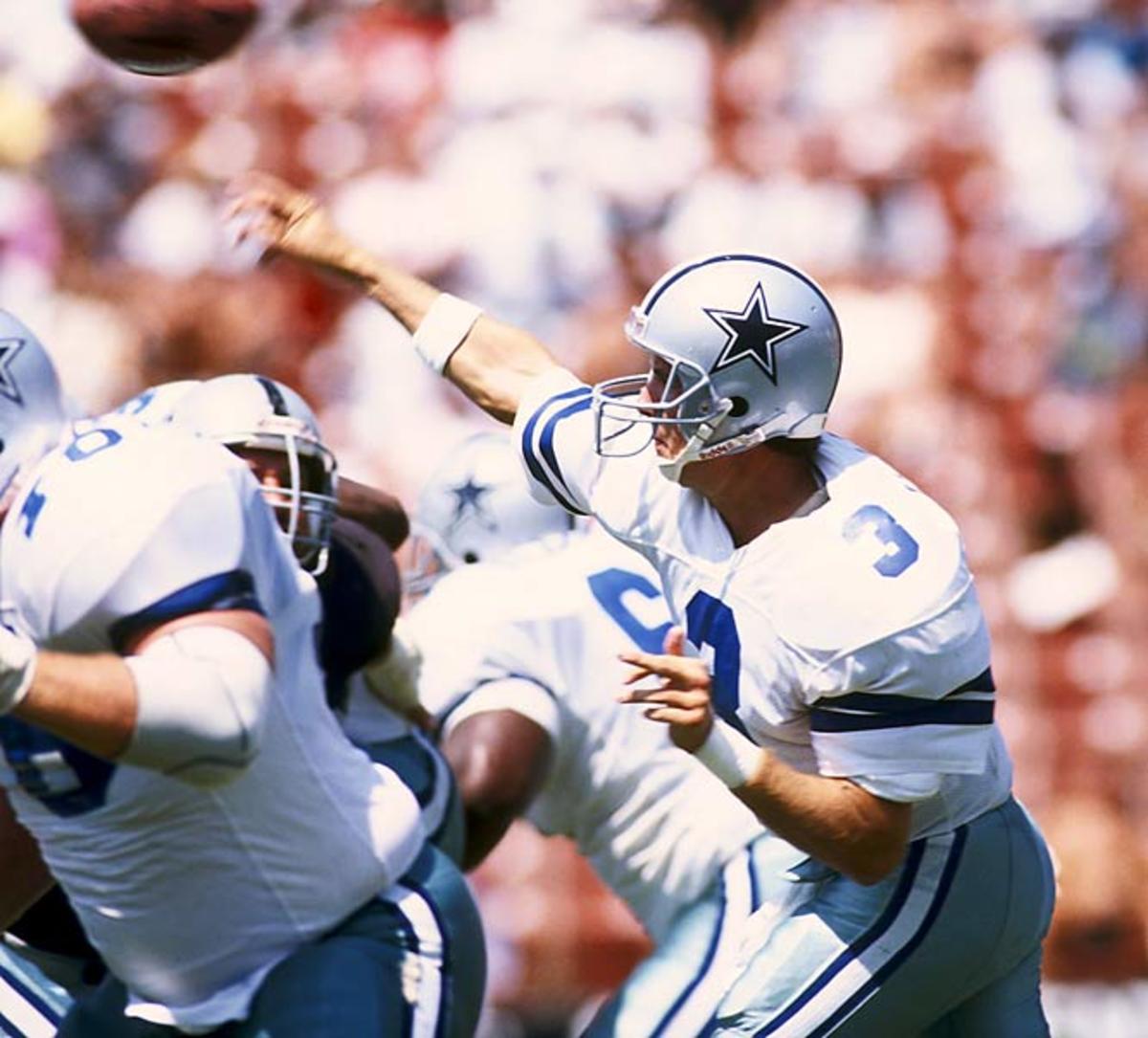
Acting on the advice of his agent, Walsh let the draft deadline go by without filing. He was taken by the Cowboys in the first round of the supplemental draft and remained in Troy Aikman's shadow early on. He had a respectable 11-year career with six teams.
Bobby Humphrey, RB
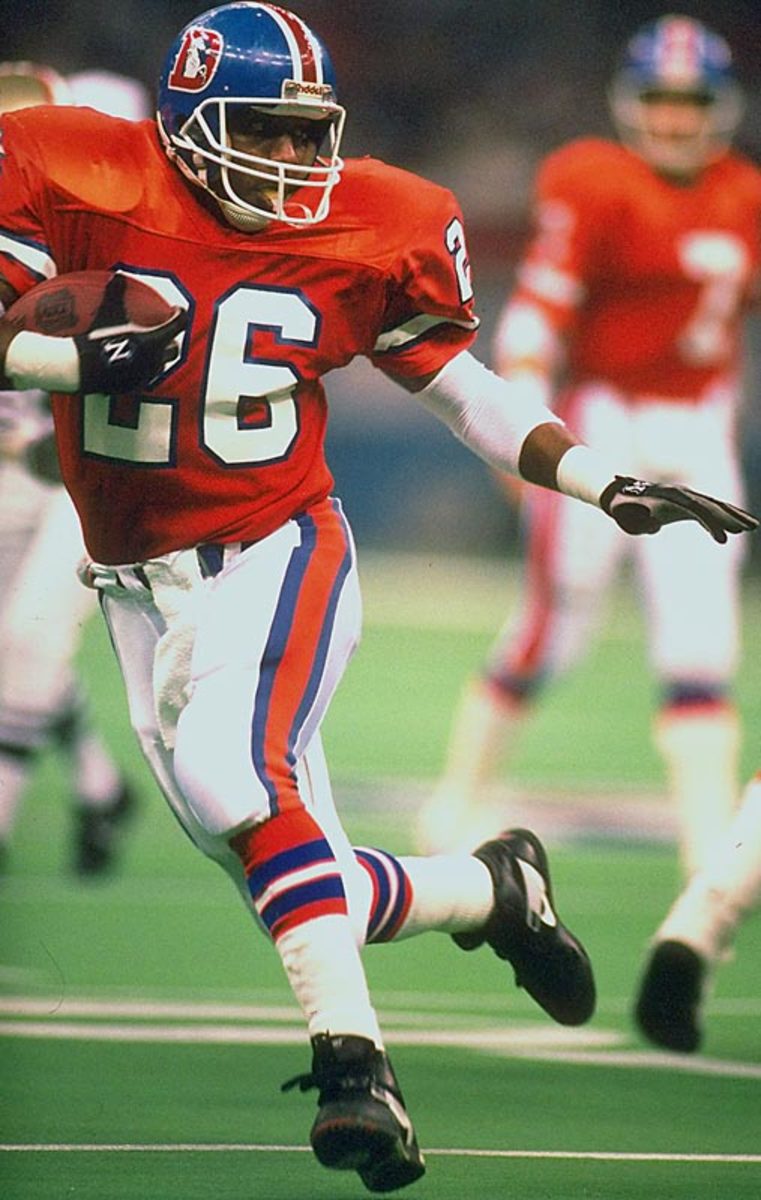
A stud running back out of Alabama, Humphrey was picked up by the Broncos in the first round of the 1989 supplemental draft. Though injuries cut his career to four seasons, he led the Broncos to the Super Bowl and was the Rookie of the Year in '89. He was also a Pro Bowl selection the following season.
Rob Moore, WR
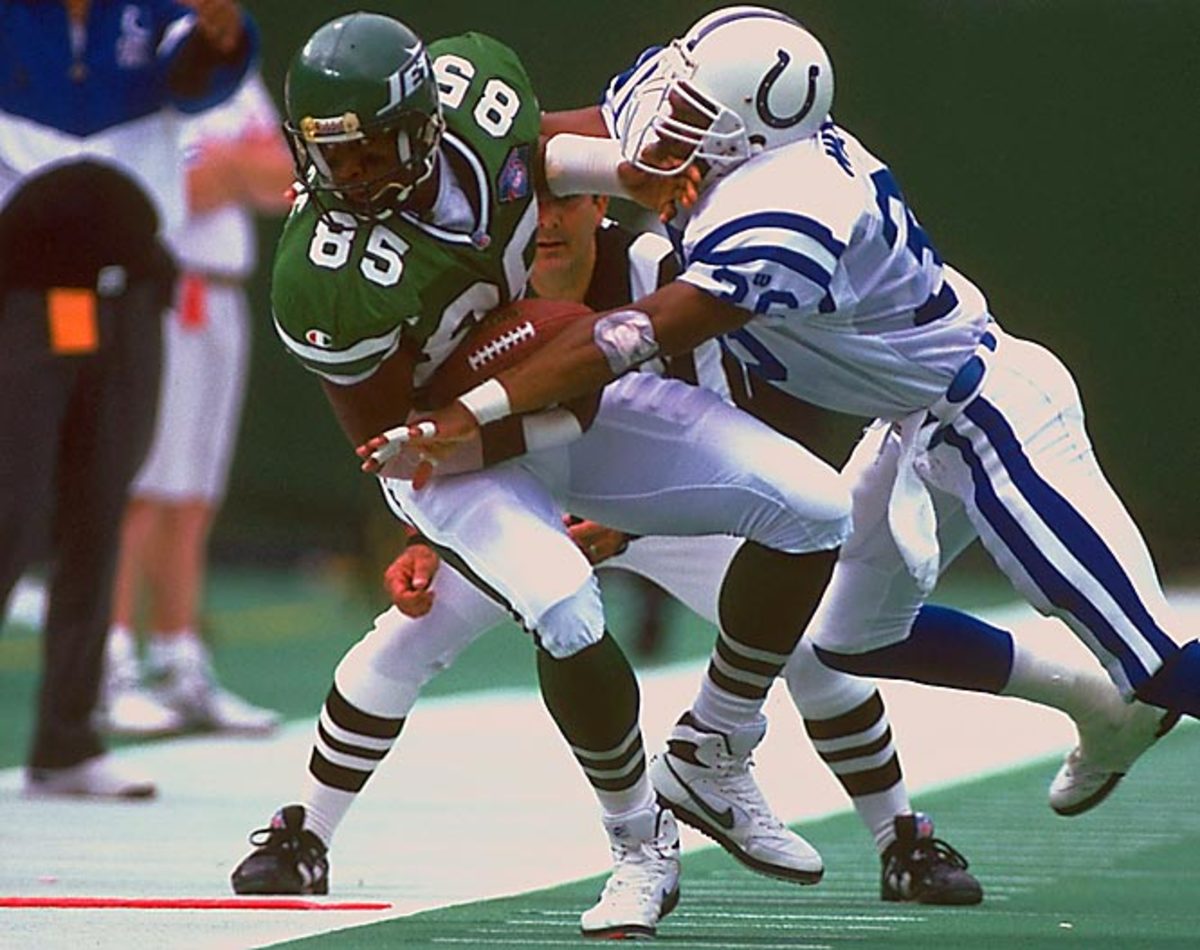
Moore is one of only two supplemental picks in history (the other being the Chargers' Jamal Williams) to earn more than one trip to the Pro Bowl. The first-round supplemental pick had a successful career that spanned a decade. For his career, Moore had 9,368 receiving yards and 49 touchdowns. His best season was 1997, when he caught 97 passes for 1,584 yards and eight touchdowns.
Dave Brown, QB
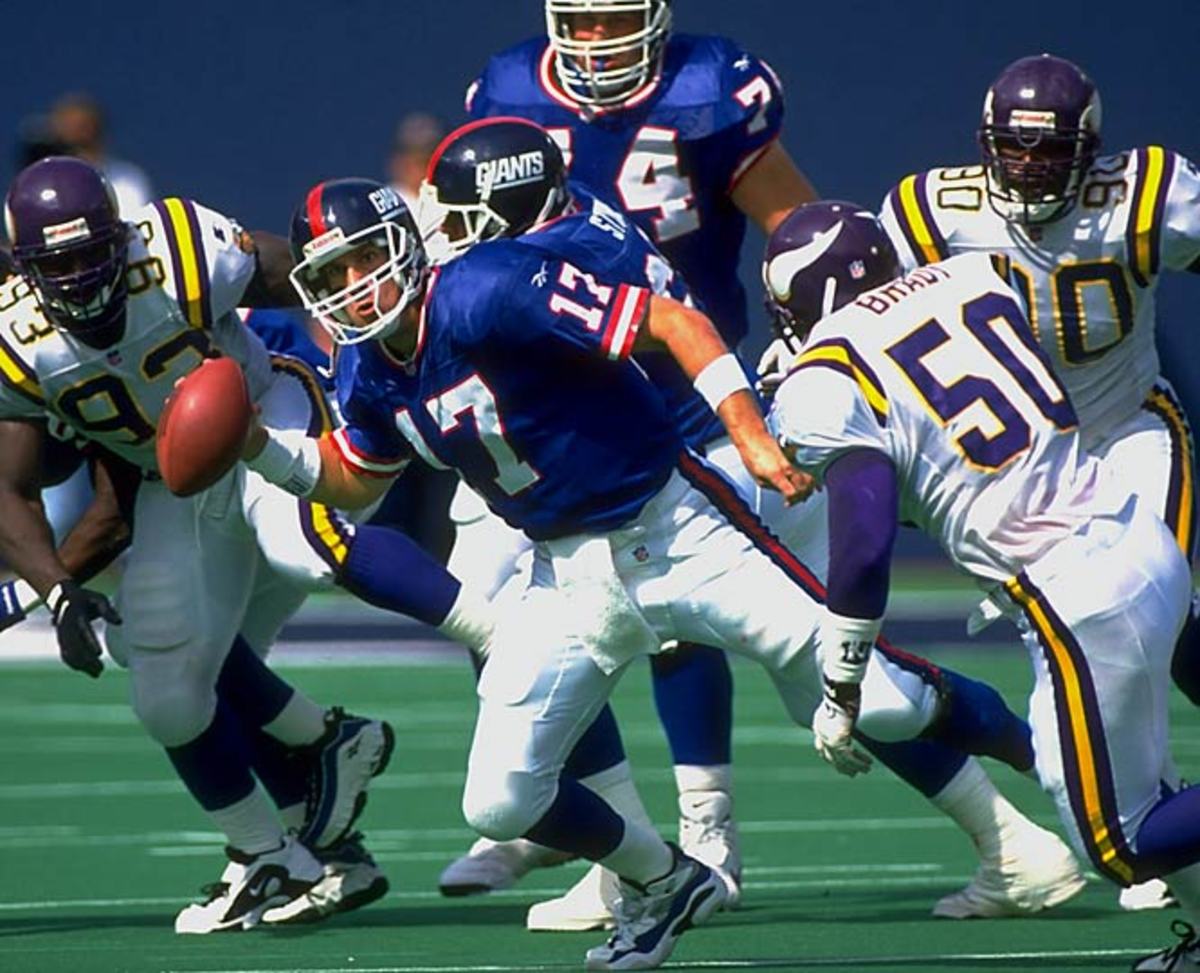
After taking him in the first round of the supplemental draft, the Giants groomed Brown as the heir apparent to Phil Simms. But the former Duke quarterback never delivered on his promise, and no team has made a first-round supplemental pick since him.
Mike Wahle, OL
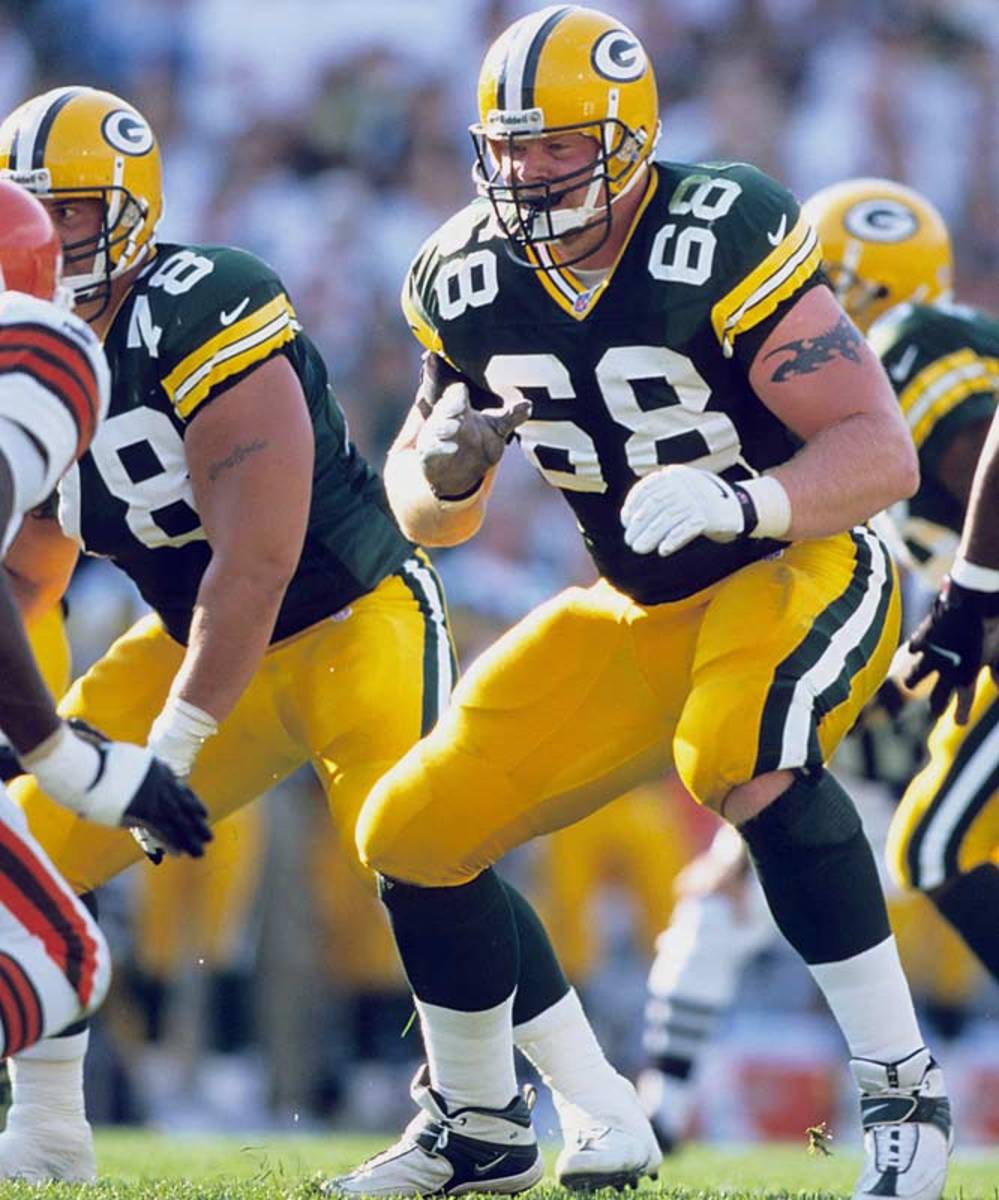
Wahle entered the supplemental draft after losing his NCAA eligibility at Navy. He was a wide receiver part of his career at Navy, though he eventually grew into a 6-foot-6, 304-pound offensive lineman. The Packers selected him in the second round of the supplemental draft after he completed his military requirement with Navy. He played 11 seasons with Green Bay, Carolina and Seattle, protecting Brett Favre for six of them. He started 16 games for five consecutive seasons and was a Pro Bowl starter in 2005.
Jamal Williams, DT
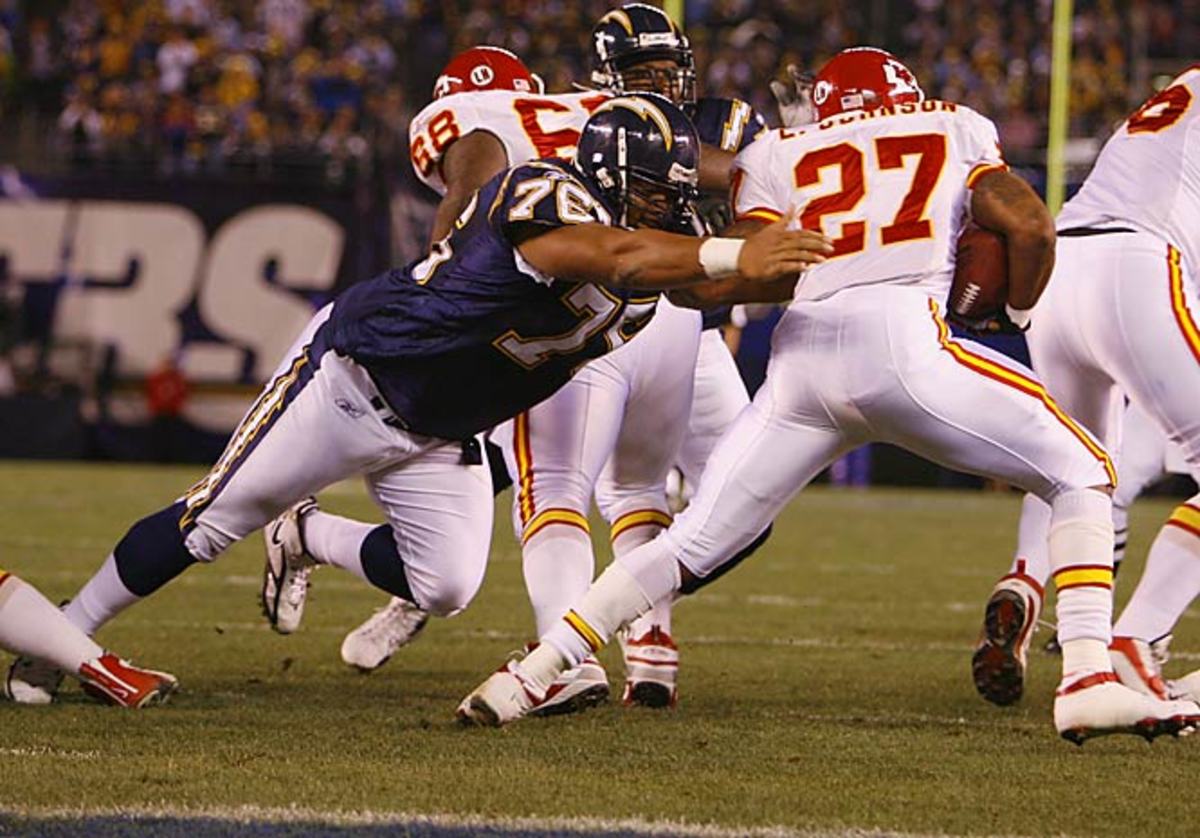
Williams had planned to return to Oklahoma State for his senior season but was declared academically ineligible after the NFL draft. The Chargers scooped him up in the second round, providing themselves with a stalwart at nose tackle in their 3-4 defensive scheme for 12 seasons. He was named to his first Pro Bowl in 2005. He played the 2010 season with Denver.
Al Hunter, RB
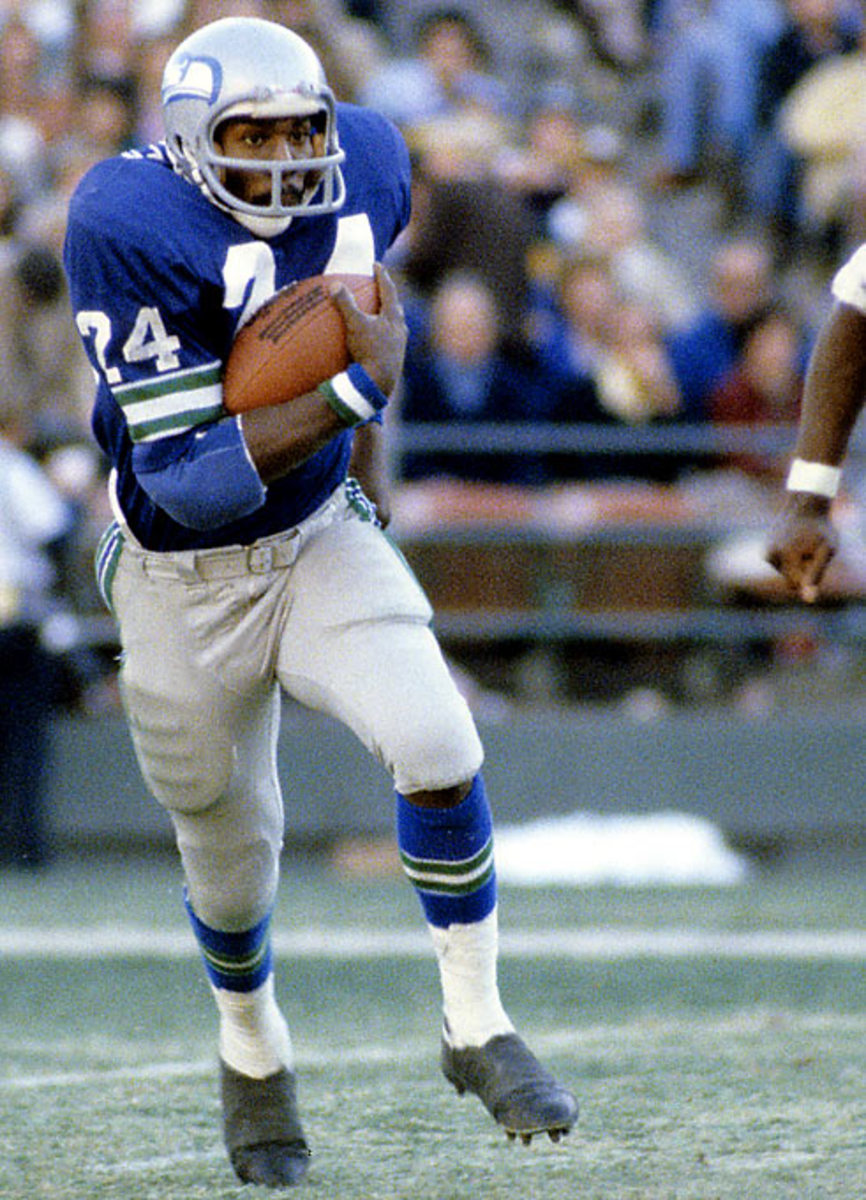
The supplemental draft was created in part because of Hunter's ineligibility for the 1977 NCAA football season. Hunter failed out of Notre Dame after the NFL draft but before his senior season with the Irish. Because Hunter wasn't eligible to transfer, the supplemental draft was put in place for players in his situation. In four seasons with Seattle, he gained 715 yards as a part-time running back.
Dave Wilson, QB
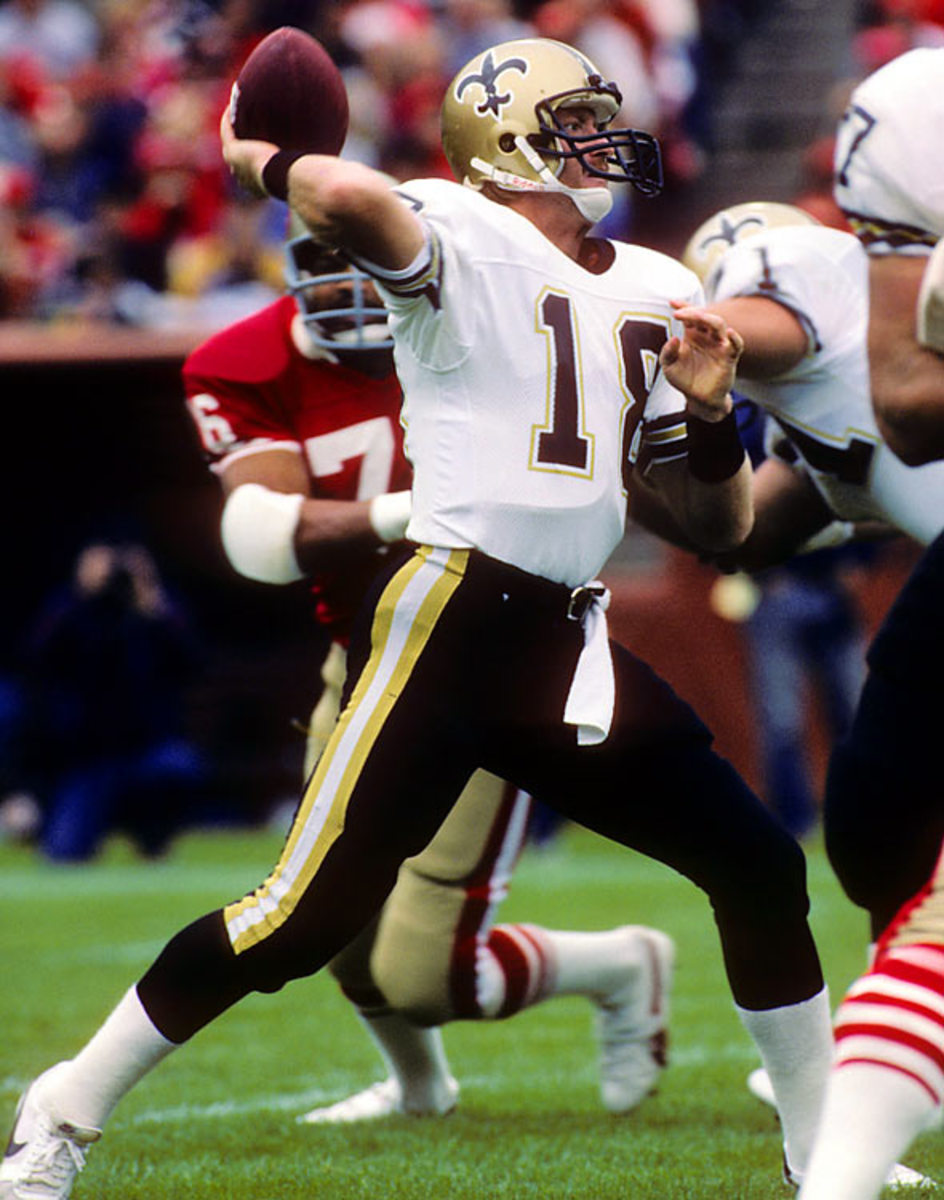
The heir apparent to Archie Manning, Wilson was taken by the Saints in the first round of the 1981 supplemental draft, making him the first player to go in the opening round. After a knee injury hampered his mobility, he could never live up to those expectations. In parts of seven seasons with the Saints, he threw 55 interceptions and just 36 touchdown passes.
Gordon, a second-round pick in the 2012 supplemental draft and a first-team All-Pro in 2013, only played in five games in 2014 due to his suspension. The three-year pro caught 24 passes for 303 yards and no touchdowns this season, a year after catching 87 passes for 1,646 yards and nine touchdowns.
The Browns finished 7-9 in 2014.
• KLEMKO: Tracing Wilson's path to greatness
- Stanley Kay
